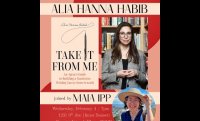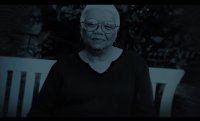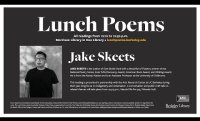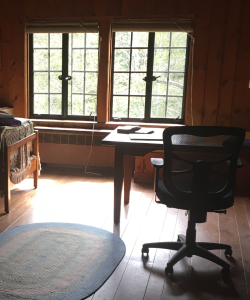Surprising Connections
In a 2016 interview for the Film Stage, French director Mia Hansen-Løve, known for her philosophical drama films that revolve around familial and romantic relationships and loss, talks about an unexpected connection between her own works and Michael Mann’s 1995 blockbuster crime drama Heat starring Al Pacino and Robert DeNiro. She recognizes that the film about a detective and a career thief is actually about “action vs. melancholy and self-destruction—action becoming self-destruction,” themes Hansen-Løve sees in her own films “except in a very different way, in a very different world.” Think of a favorite film of yours with a genre that is, at least on the surface, extremely different from the type of fiction you tend to write. Consider the larger themes that are investigated in that work and write a short story that explores these themes in your own way, and in your own world.











